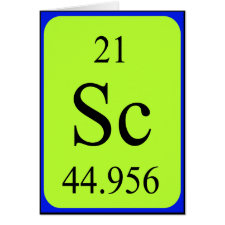
Authors: Yang YK, Chang YY, Guo YY, Yu LG, Zhang GH, Zhai DD, Wang XM, Sun XT
Article Title: Fluorometric microplate-based dimethoate assay using CdSe/ZnS quantum dots coated with a molecularly imprinted polymer.
Publication date: 2019
Journal: Microchimica Acta
Volume: 186
Issue: (8)
Article Number: 589.
DOI: 10.1007/s00604-019-3649-5
Abstract: A microplate-based assay is described for the sensitive and selective fluorometric determination of the pesticide dimethoate. Molecularly imprinted polymer (MIP)-coated CdSe/ZnS quantum dots (QDs) are used as the molecular recognition probe. The MIP-coated QDs were synthesized using one-step reversed-phase microemulsion in the presence of hydrophobic CdSe/ZnS QDs. Copolymerization was performed by using 3-aminopropyltriethoxysilane as the functional monomer, tetraethoxysilane as the cross-linker, and dimethoate as the template. The fluorescence of the coated QDs is quenched by dimethoate when dimethoate becomes rebound on the imprinting sites of the MIP. Under the optimal conditions, fluorescence (best measured at excitation/emisison wavelengths of 380/620 nm) drops linearly in the 5.0-150 μg L-1 dimethoate concentration range, and the limit of detection is 2.1 μg L-1 (at S/N = 3). The assay was utilized for dimethoate determination in spiked real samples. Satisfactory recoveries (89.8%-98.0%) with relatively standard deviations of <4.9% are obtained. The method is rapid, cost-effective, sensitive, and selective. The use of microplate allows for the quantitation of a large number of samples simultaneously
Template and target information: dimethoate
Author keywords: fluorescence quenching, molecularly imprinting, Fluorescent probe, high throughput, food safety, Environmental monitoring



Join the Society for Molecular Imprinting

New items RSS feed
Sign-up for e-mail updates:
Choose between receiving an occasional newsletter or more frequent e-mail alerts.
Click here to go to the sign-up page.
Is your name elemental or peptidic? Enter your name and find out by clicking either of the buttons below!
Other products you may like:
 MIPdatabase
MIPdatabase









